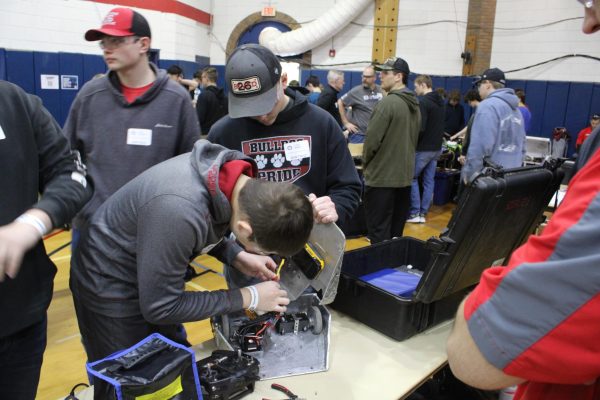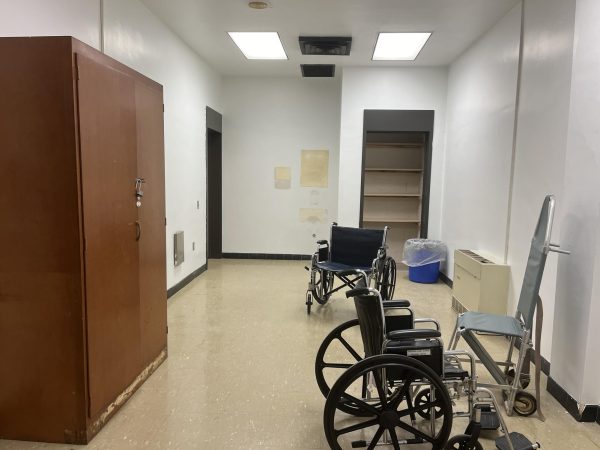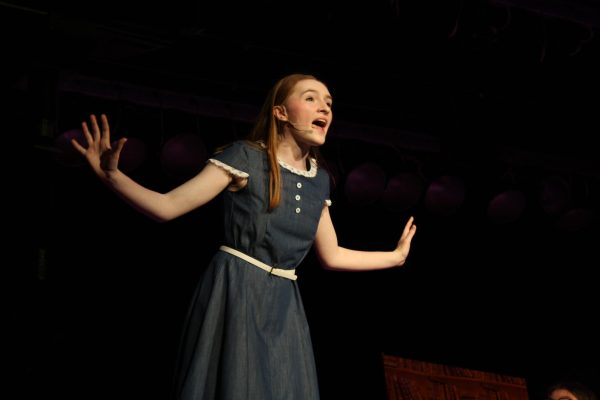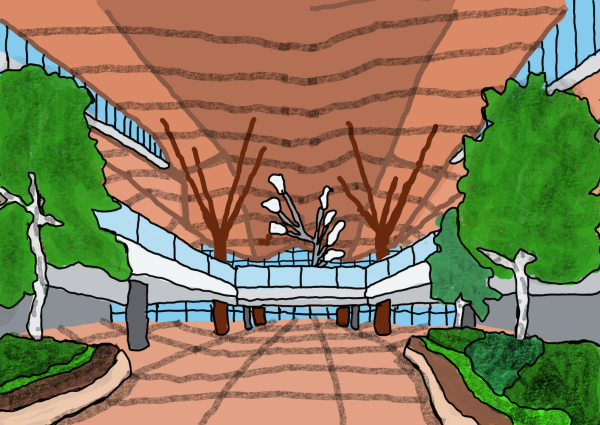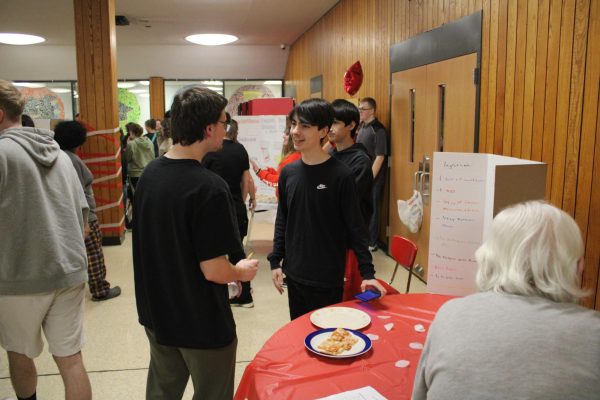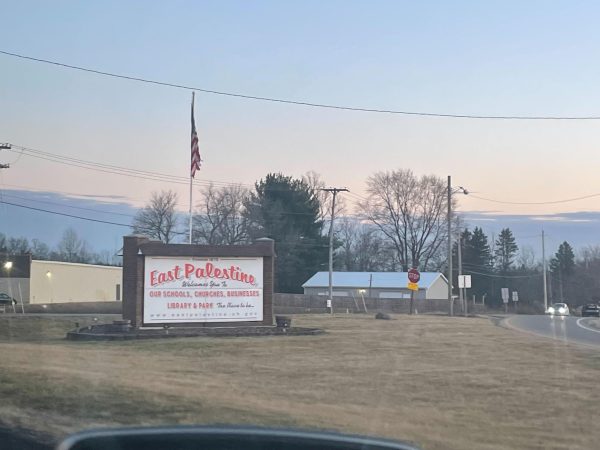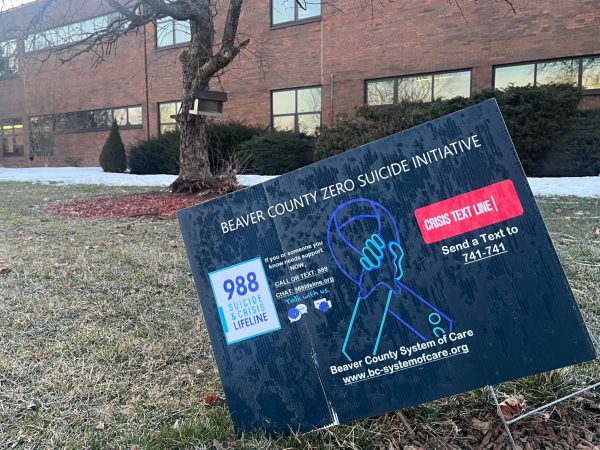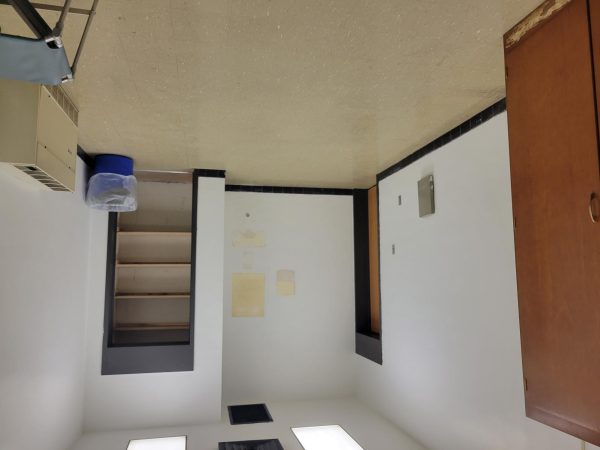Disorder and confusion
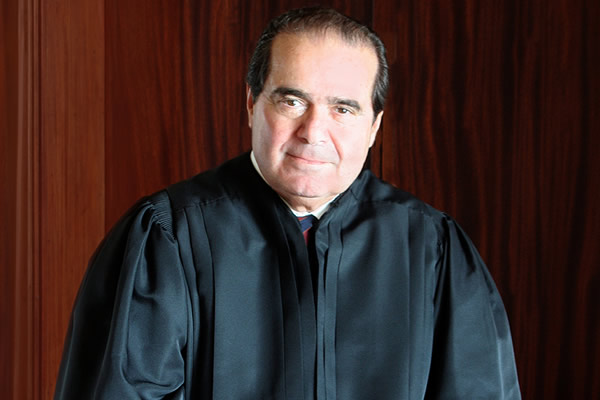
Over the course of his many years on the Supreme Court, Justice Antonin Scalia’s schedule was highly regulated and otherwise predictable, but the hours after his death were anything but orderly. In the months before his death, he fulfilled his responsibilities by meeting with clerks, appearing for arguments and writing opinions on topics brought to the court. Scalia, whose insightful intellect and renowned wit touched the hearts of many, was found dead in his hotel room in Shafter Texas by the resort’s owner on Feb. 13. The suite owner allegedly became worried when Scalia did not report to breakfast that morning.
Hours later, Presidio County Judge Cinderela Guevara pronounced Scalia dead of natural causes without seeing the body and did not order an autopsy. This procedure, although at the discretion of the overseeing official, is permitted under Texas state law. It wasn’t soon after his death that officials began to ponder the impact on the world of politics, and many began to speculate on why an autopsy was never performed. A manager at El Paso Funeral Home stated that the family made it clear they did not want one. Though the idea of Guevara pronouncing the body dead over the phone may sound questionable, the officials on scene assured “there were no signs of foul play.”
Guevara, who was called to be a justice of peace, was out of town but agreed to declare Scalia dead based on the information from law enforcement officials and Scalia’s doctor. She cited Texas laws that permit a justice of the peace to declare someone dead without seeing the body.
Speculations began to arise about the cause of Scalia’s death soon after, and news reports spread that the final cause was myocardial infarction, otherwise known as a heart attack. This statement was soon rebutted.
“It wasn’t a heart attack,” Guevara said. “He died of natural causes.”
One night after a book signing, Scalia attended a private party. He retired to bed early, but people reported this as normal; many of the guests had been traveling and he might have been tired. John B. Poindexter, the host of the party, reported his behavior “was entirely natural and normal.’’
The next morning, when he failed to report to breakfast, Poindexter and one other knocked on his suite door. When there was no answer, they entered and found Scalia laying in his bed.
“Everything was in perfect order. He was in his pajamas, peacefully, in bed,” Poindexter said.
On Saturday evening, Scalia’s body was loaded into a hearse and escorted to the Sunset Funeral Home in El Paso by a procession of about 20 law enforcement officers. He was given last rights as a devout Catholic by a catholic priest and was buried on Feb. 20.



